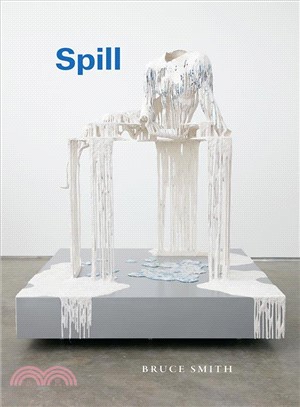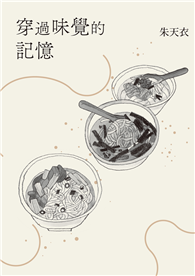“There are two schools: one that sings the sheen and hues, the necessary pigments and frankincense while the world dries and the other voice like water that seeks to saturate, erode, and boil . . . It ruins everything you have ever saved.”
Spill is a book in contradictions, embodying helplessness in the face of our dual citizenship in the realms of trauma and gratitude, artistic aspiration and political reality. The centerpiece of this collection is a lyrical essay that recalls the poet’s time working at the Federal Penitentiary at Lewisburg in the 1960s. Mentored by the insouciant inmate S, the speaker receives a schooling in race, class, and culture, as well as the beginning of an apprenticeship in poetry. As he and S consult the I Ching, the Book of Changes, the speaker becomes cognizant of other frequencies, other identities; poetry, divination, and a synchronous, alternative reading of life come into focus. On either side of this prose poem are related poems of excess and witness, of the ransacked places and of new territories that emerge from the monstrous. Throughout, these poems inhabit rather than resolve their contradictions, their utterances held in tension “between the hemispheres of songbirds and the hemispheres of men.”
Spill is a book in contradictions, embodying helplessness in the face of our dual citizenship in the realms of trauma and gratitude, artistic aspiration and political reality. The centerpiece of this collection is a lyrical essay that recalls the poet’s time working at the Federal Penitentiary at Lewisburg in the 1960s. Mentored by the insouciant inmate S, the speaker receives a schooling in race, class, and culture, as well as the beginning of an apprenticeship in poetry. As he and S consult the I Ching, the Book of Changes, the speaker becomes cognizant of other frequencies, other identities; poetry, divination, and a synchronous, alternative reading of life come into focus. On either side of this prose poem are related poems of excess and witness, of the ransacked places and of new territories that emerge from the monstrous. Throughout, these poems inhabit rather than resolve their contradictions, their utterances held in tension “between the hemispheres of songbirds and the hemispheres of men.”









